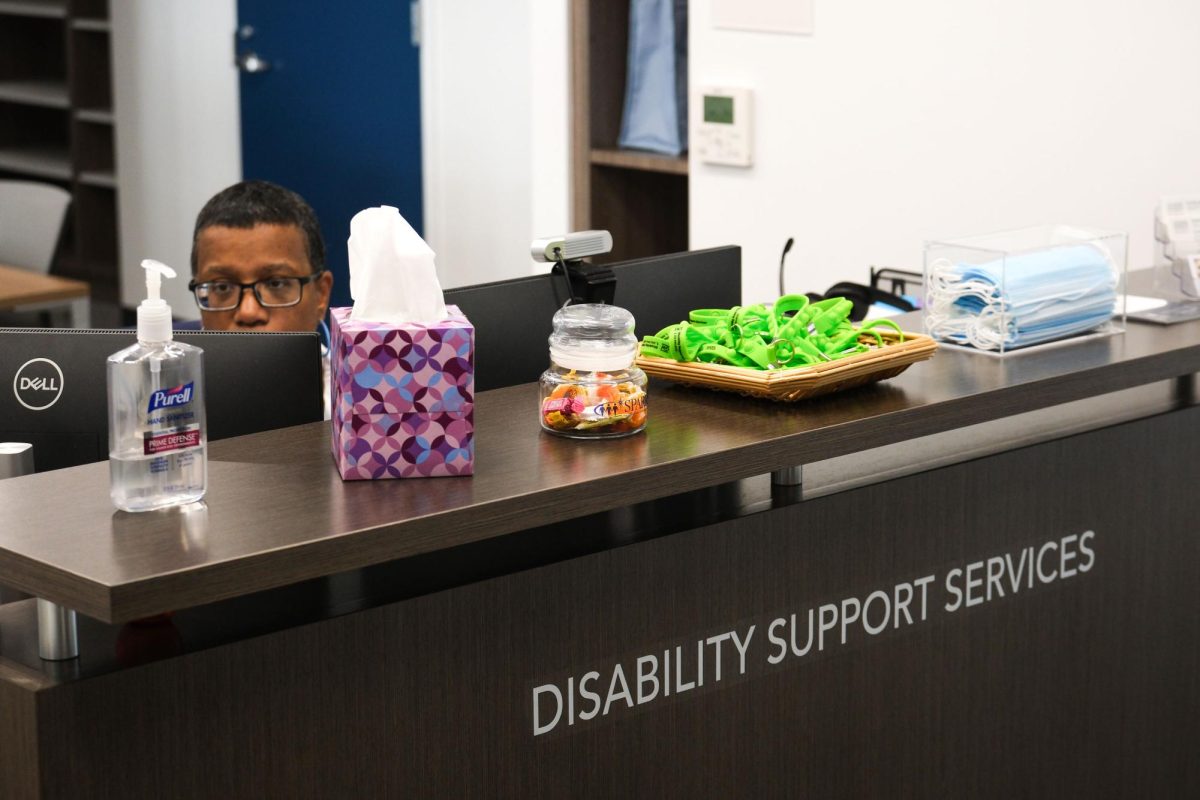Security was the focus of a Federal Trade Commission technology seminar in Lisner Auditorium that hundreds of businesspeople, government officials and consumers attended.
More than 700 people attended the opening session of “Protecting Consumers in The Next Tech-ade” Monday morning, an event that takes place every 10 years. The first national technology seminar was held in 1995 and mostly focused on the Internet.
“Ten years ago, this focused on globalization effects of technology and the impact of the Internet,” said Karen Jagielski, attorney for the FTC’s Bureau of Consumer Protection. “This year, it is again focusing on trends in technology over the next 10 years – not so much as to educate FTC employees as to educate consumers and businesses as to how, over a decade, the market changes.”
FTC Chairman Deborah Platt Majoras kicked off the event by discussing how the previous seminar did not predict the privacy issues the Internet and other technologies would trigger. She used the national protest of Facebook’s mini-feed – which openly listed a member’s every activity and account change – as an example of consumer concern over privacy.
Chris Kelly, Facebook’s vice president of corporate development, cited the importance of the site’s privacy settings to control who sees aspects of the mini-feed.
Another privacy concern Kelly addressed is the phenomenon of prospective employers researching applicants’ Facebook profiles. According to Facebook, 70 to 90 percent of college students have a Facebook account. Kelly said the average user only has access to less than 1 percent of all profiles.
“It’s very difficult for random employers to get access to Facebook,” he said. “The only way for an employer to see a profile is if the employer is an alum or in one of your networks. Pay attention to what you put up, but the risk of employer access has been less than stated.”
Hemanshu Nigam, chief security officer for Fox Interactive Media, spoke about Internet privacy. Fox owns MySpace.com, which has about 125 million members.
“People like to express themselves and find out how others are expressing themselves, then talk about it,” Nigam said. “Changes have been dramatic in only a few years. There’s been a lifestyle convergence. Everything you do in a physical world you can do in an online world.”
Other notable speakers included top officials from Microsoft, Google ,and Proctor and Gamble, as well as representatives from consumer protection groups, academia and the government. Topics ranged from artificial intelligence to radio tracking devices.
Melissa Augustine, a graduate student studying high-tech crime, said she came to the event to learn about radio frequency identification, a technology used in metro fare cards. She said she heard about the technology seminar through a professor.
“Our professor made it mandatory to attend one of the panel discussions,” Augustine said. “A lot of my friends who have already attended said it was interesting. It’s a nice meet-and-greet and a good networking opportunity.”
She said she was most concerned about the privacy implications of RFID. The technology, which can broadcast data without a line of sight, was discussed in relation to the possibility of high-tech data theft.






